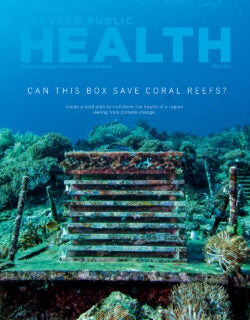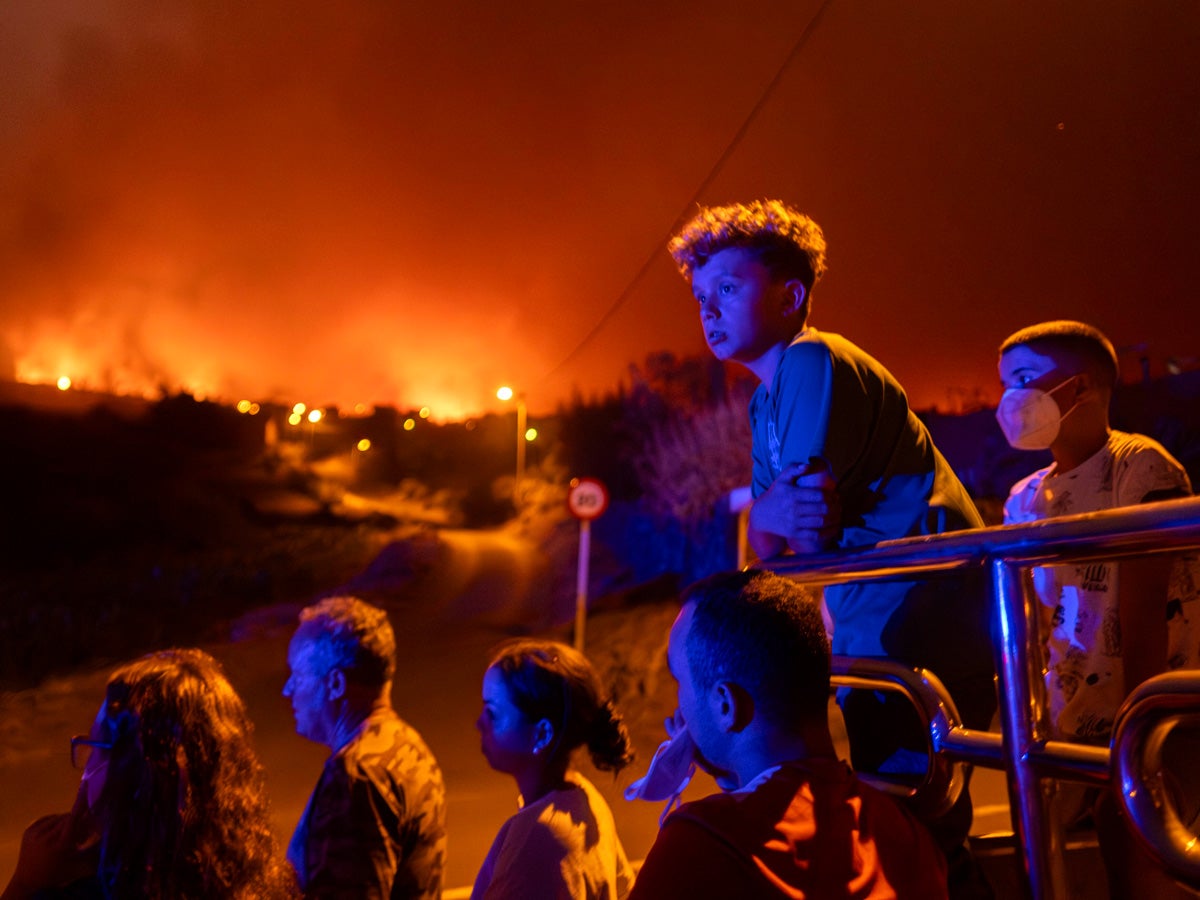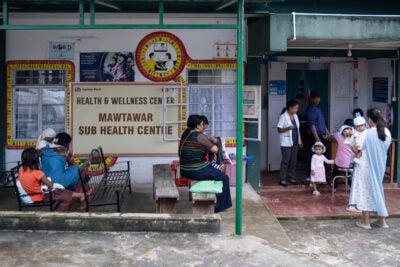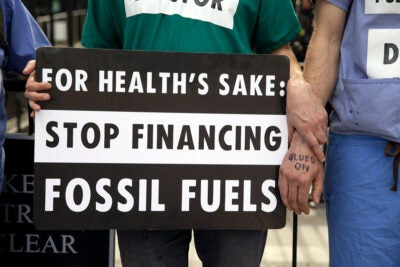From the editor
Climate, Changed
“Climate change” might be the two most depressing words in the English language right now.
Every report seems to out-dire its predecessors. Nothing is more enervating than hopelessness, thinking you’ve lost the ability to control, as it happens, your destiny. The dangers we face are obvious. But we also aren’t finished yet, as people or as a planet. We can prevent at least some of the worst scenarios and prepare for the impact of what’s occurring now and what might come next. We can’t say we don’t know what’s ahead.
Harvard Public Health has covered climate change before, but we’re dedicating the following section to exploring ideas and approaches that can improve our circumstances, reduce potential damage, and help us all feel less anxious. We have steps to take and ideas to implement. All is not lost.
We aren’t in denial about the challenge our changing climate presents to public health—it’s enormous. The stories, essays, and images that follow present conditions that are noticeably worsening. It’s not just that climate change causes flooding in Nairobi, it’s also that the flooding now brings with it an existential dread. It’s not just that climate change is yielding unusual weather, it’s also that cities with millions of residents will soon face temperatures that are unlivable.
Sign up for Harvard Public Health
Delivered to your inbox weekly.
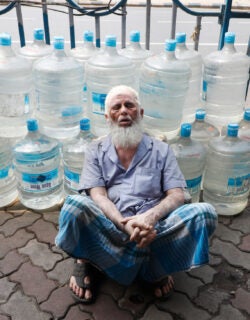
Extreme heat threatens health in India and elsewhere
These stories don’t dwell in despair, however. In Kenya, a country with limited public health infrastructure and almost no mental health support, people are finding creative ways to reduce their climate-driven anxiety. Elsewhere, community leaders are developing an arsenal of approaches to counter changing conditions. And off the coast of Madagascar, researchers from multiple disciplines are working with local groups on a multifaceted response to the ravages of climate change.

Letter from Nairobi

A reef gets a reboot in Madagascar
You’ll meet a climatologist who is also a Zen priest, and who argues that climate grief workshops can be a tool for public mental health. You’ll also meet doctors who are teaching other clinicians how to be community organizers, for the sake of improving people’s understanding of what climate change means for our well-being.

A Zen priest–scientist takes on climate anxiety

A fellowship to help fight fatigue – and climate change
Such individuals remind us of some of the many steps we can still take to build resiliency in the face of daunting events. We hope you are inspired and energized by their work and example. And we want to hear your stories. Send us your notes from the front lines of public health to magazine@hsph.harvard.edu.
—Michael Fitzgerald, editor-in-chief

